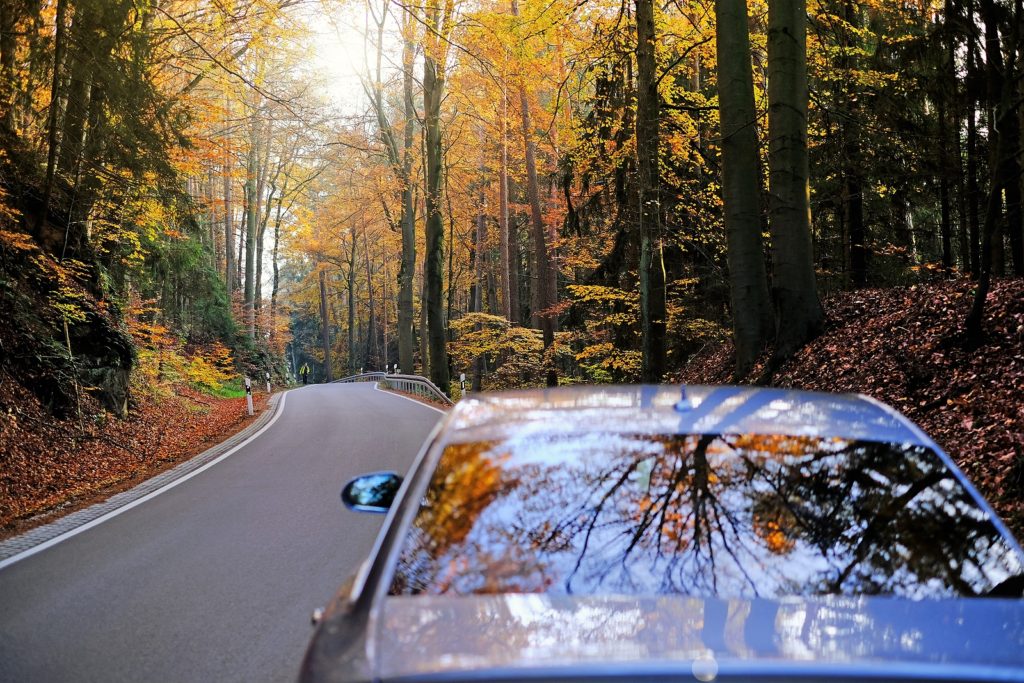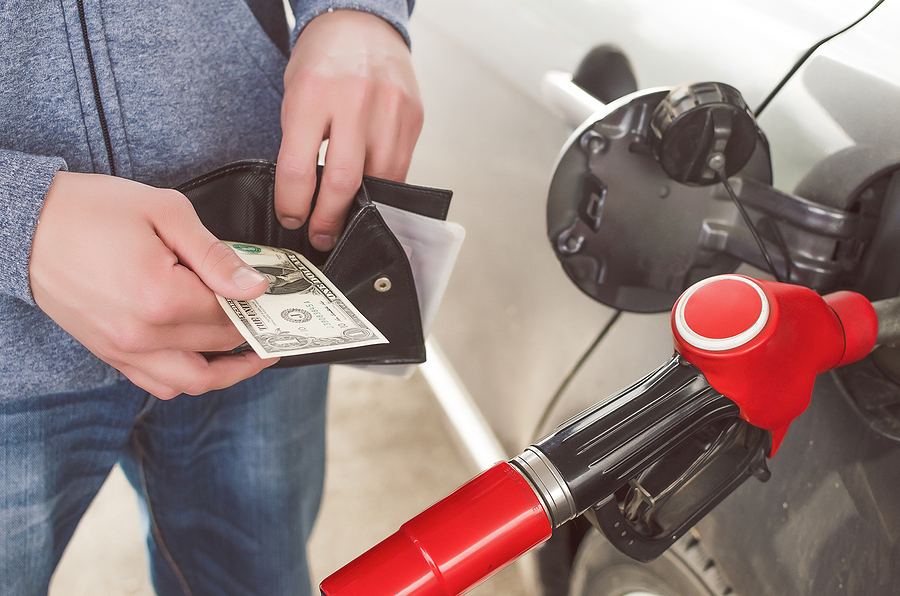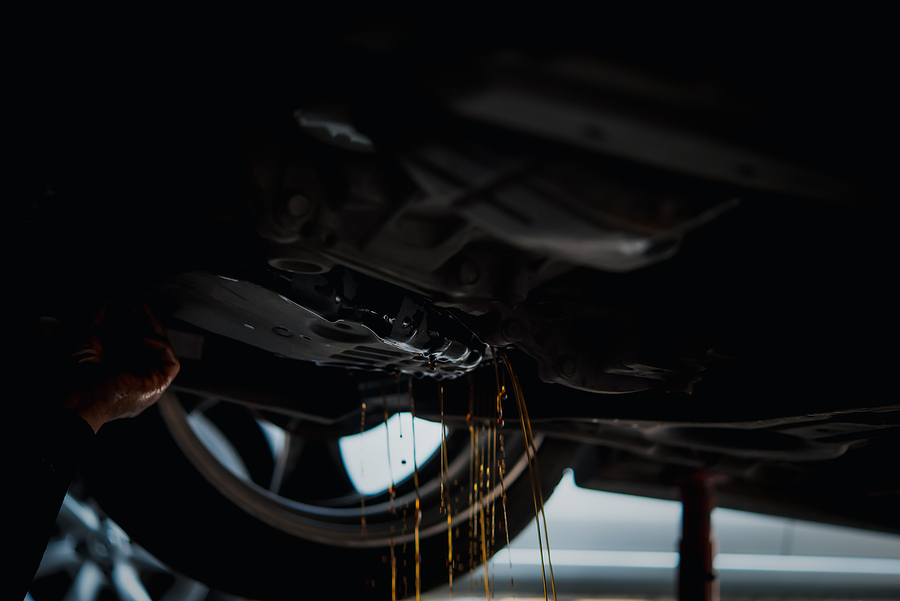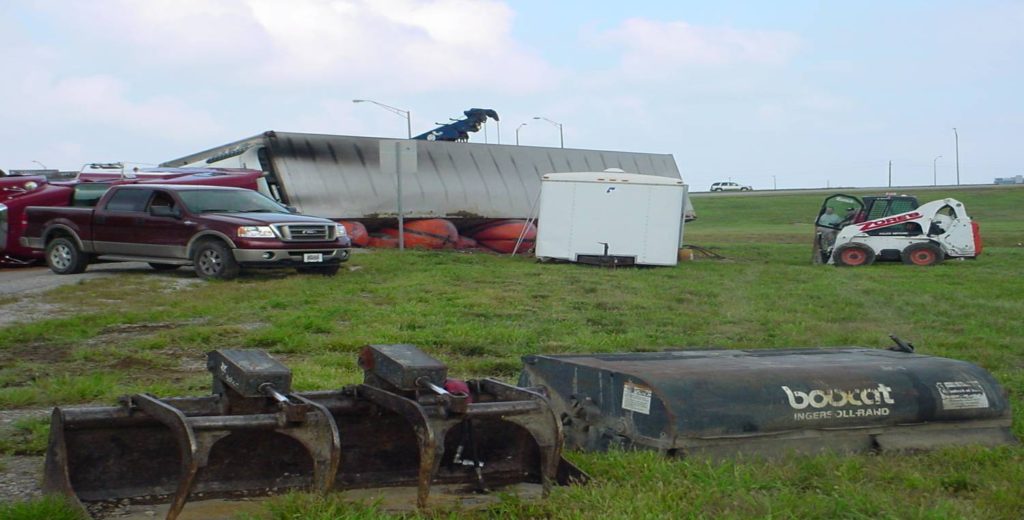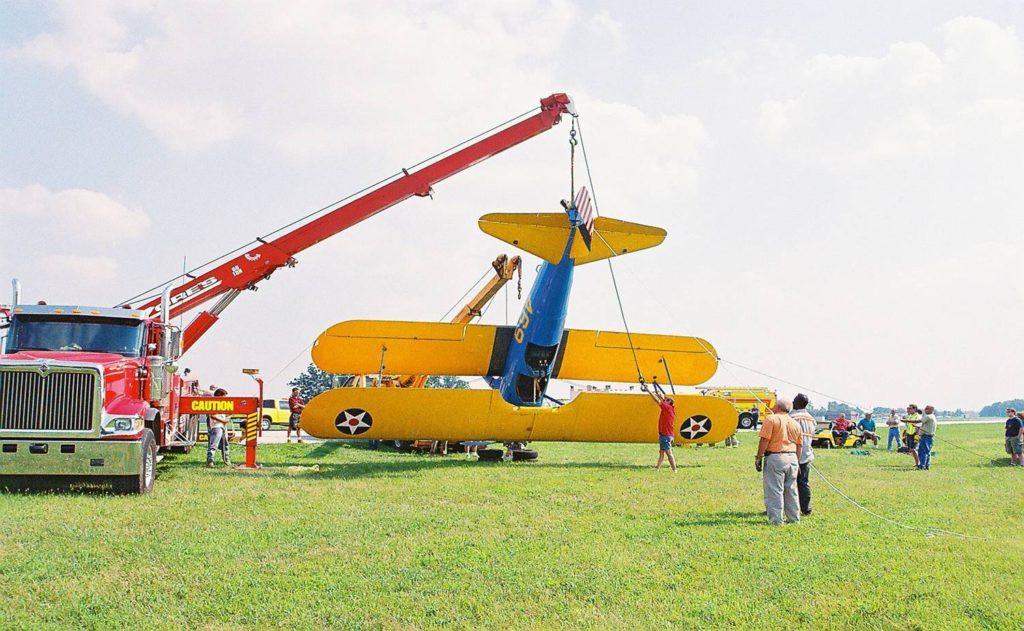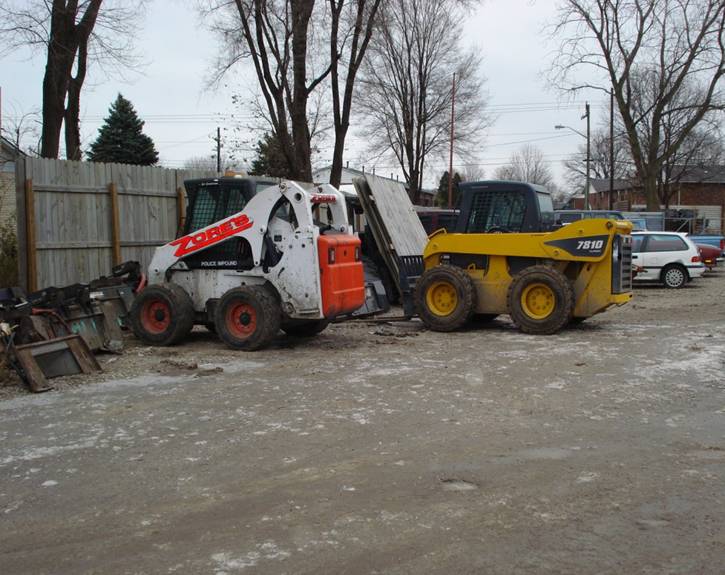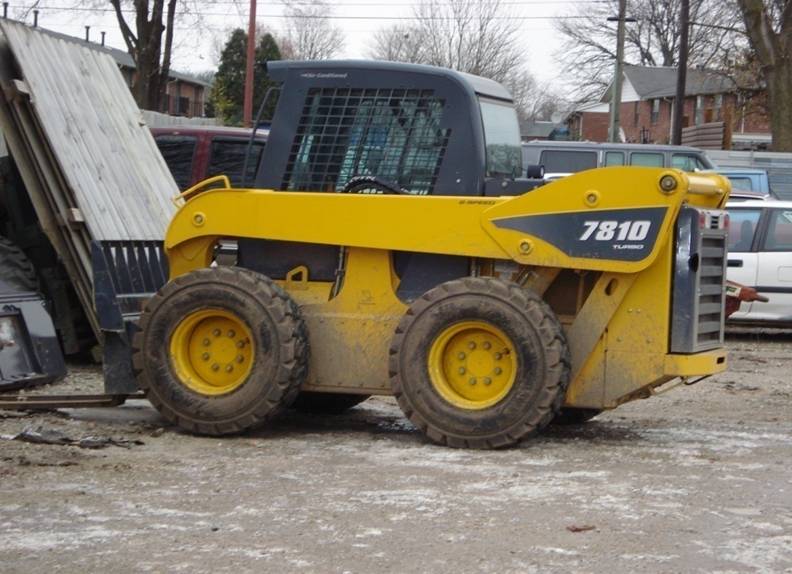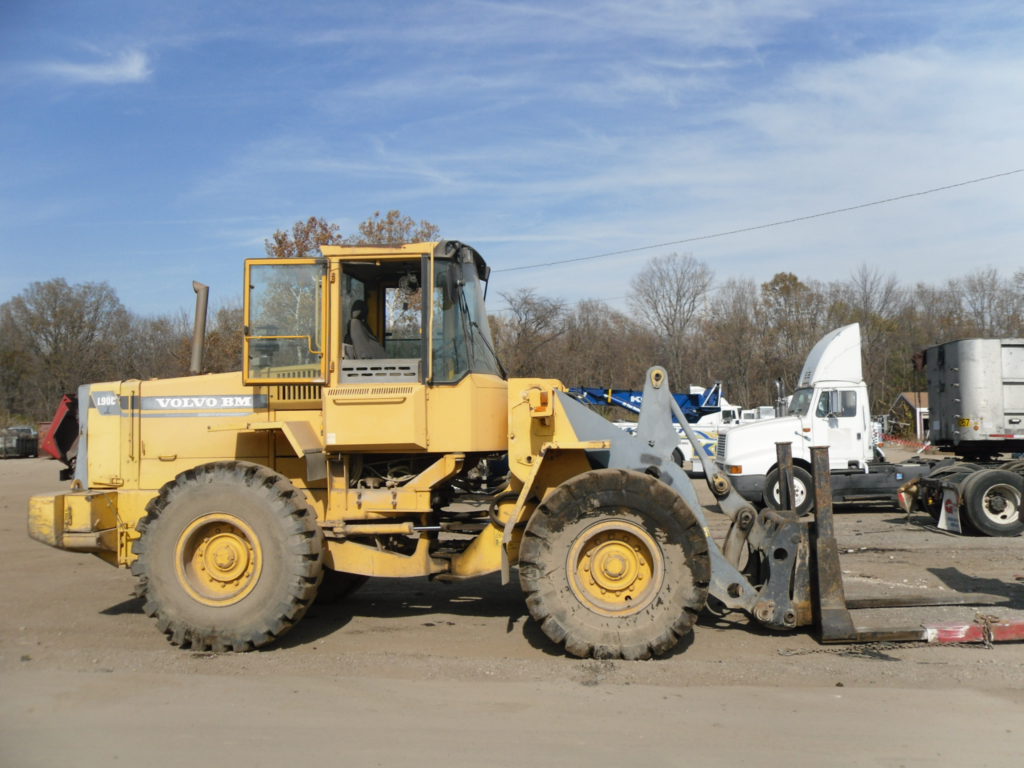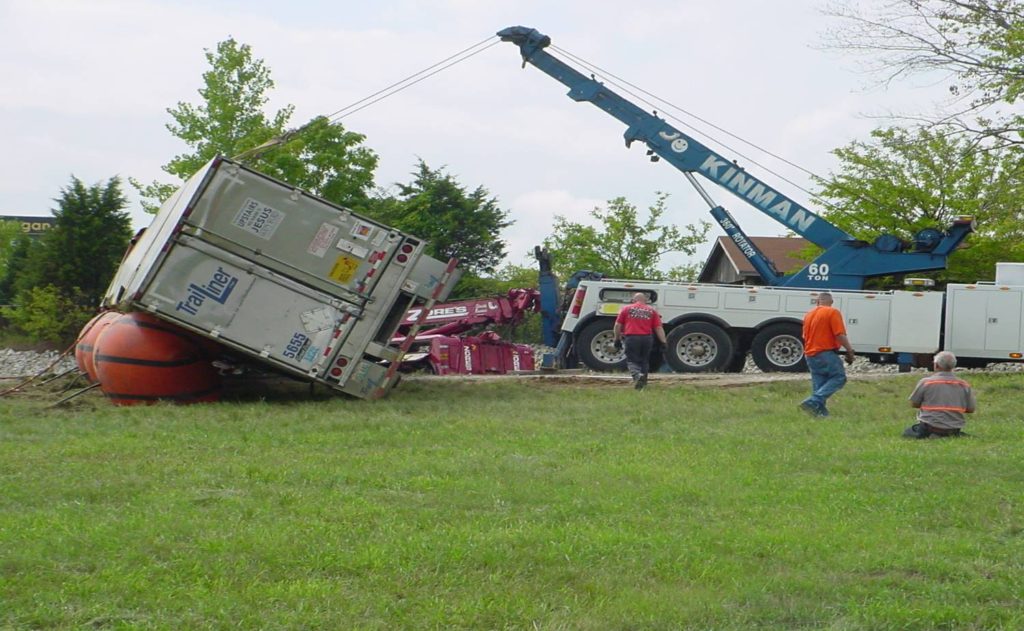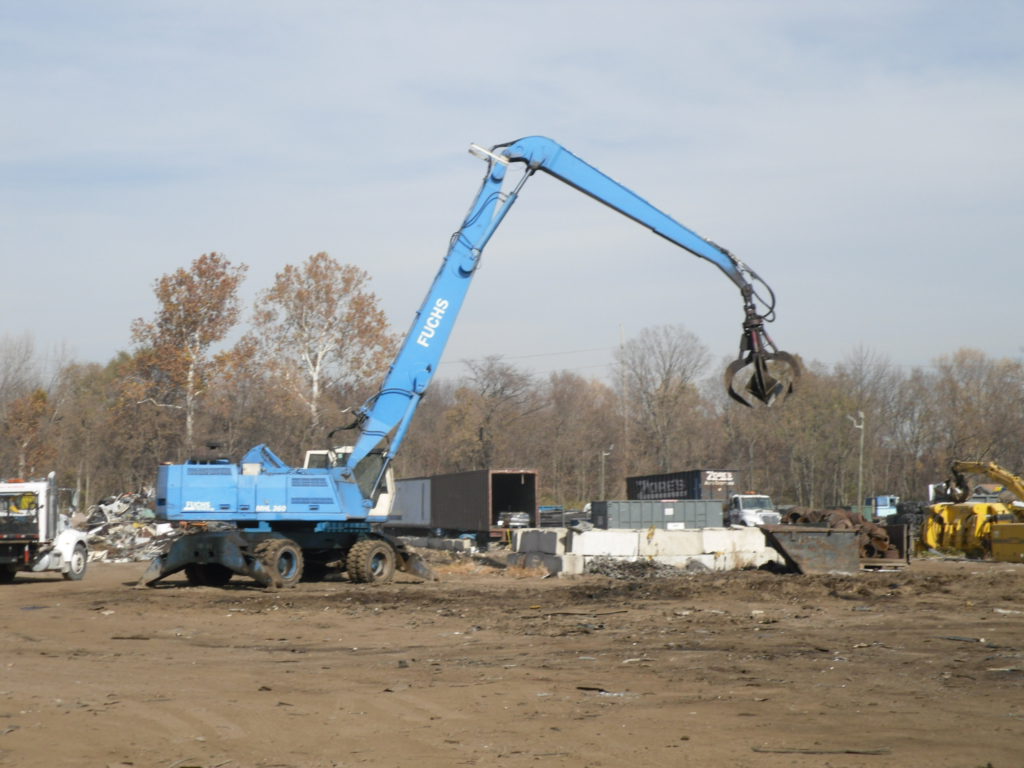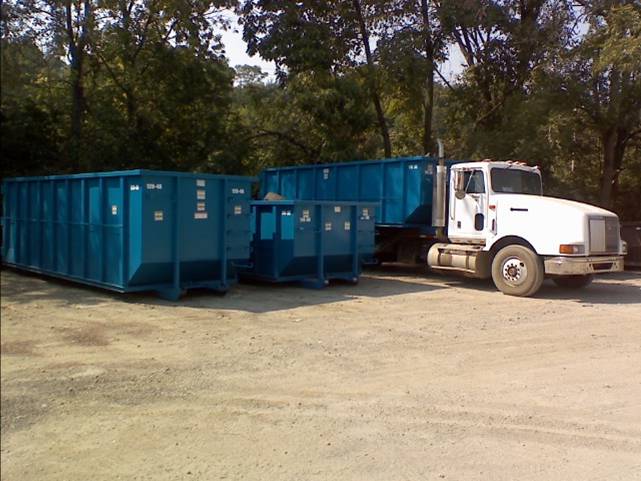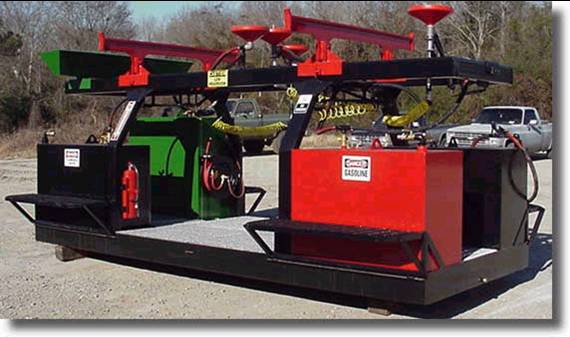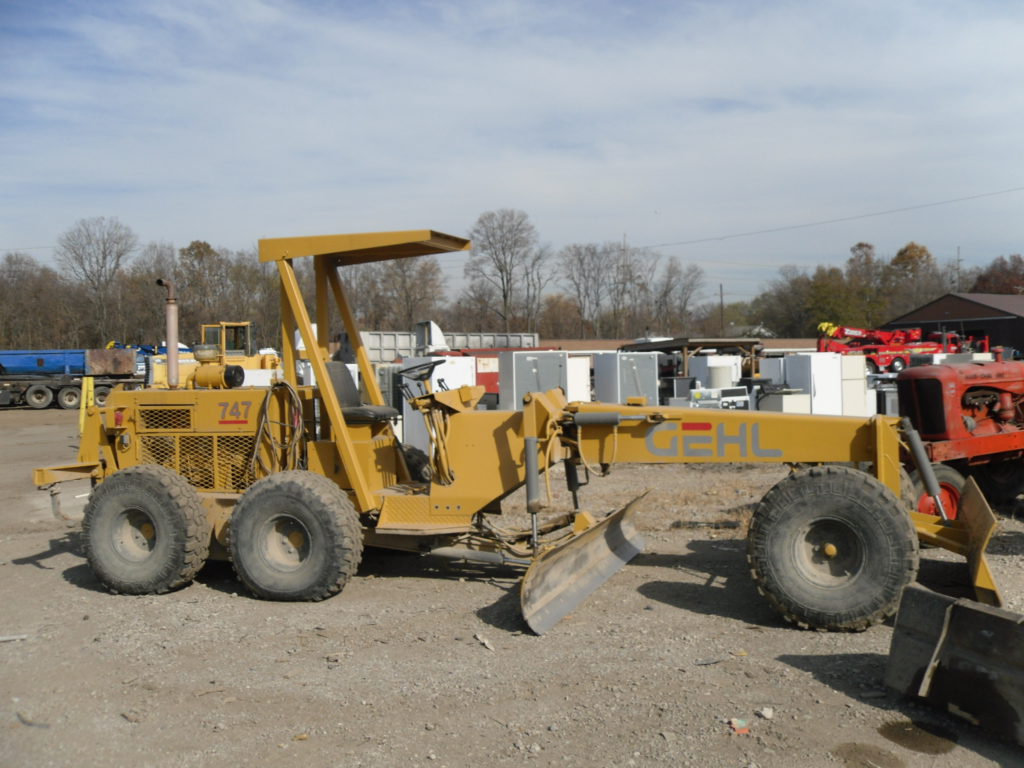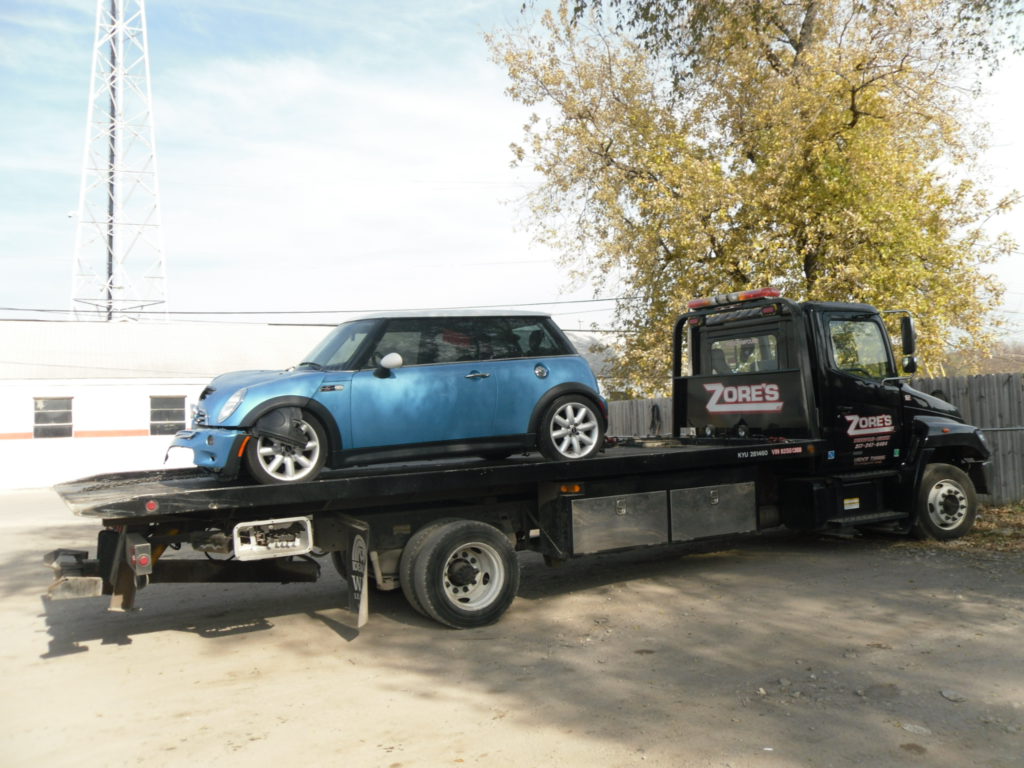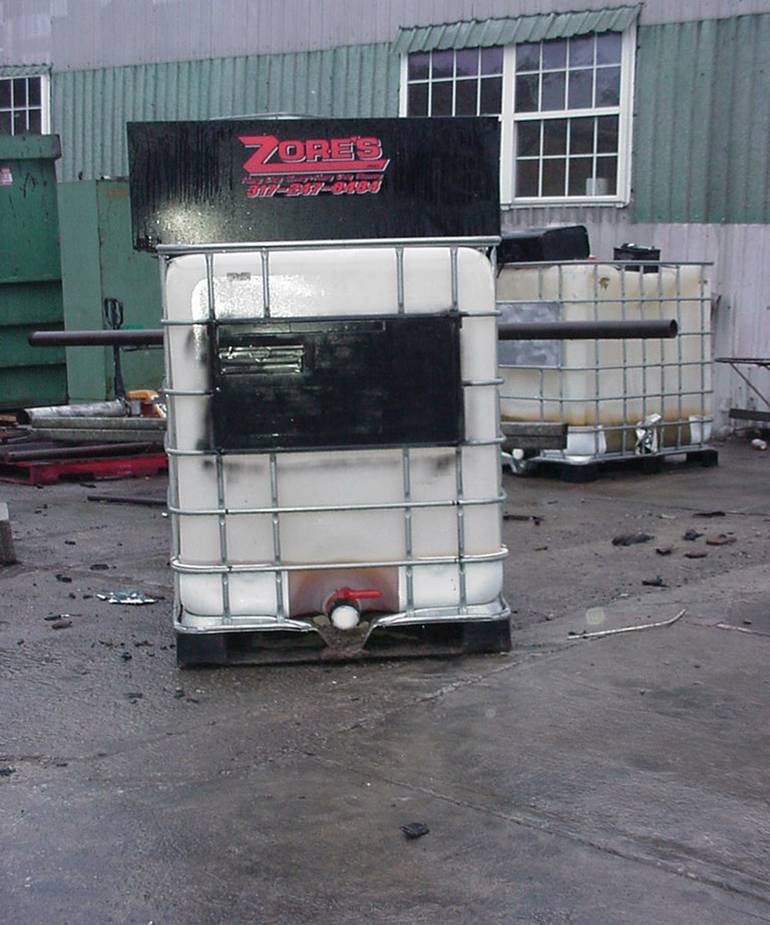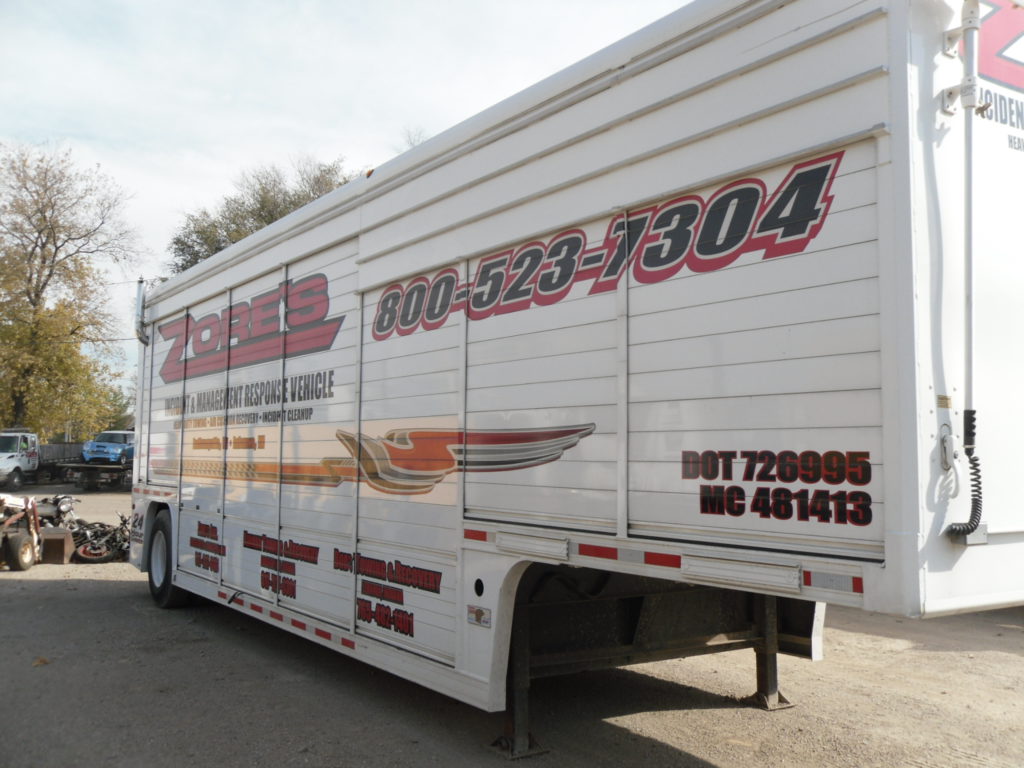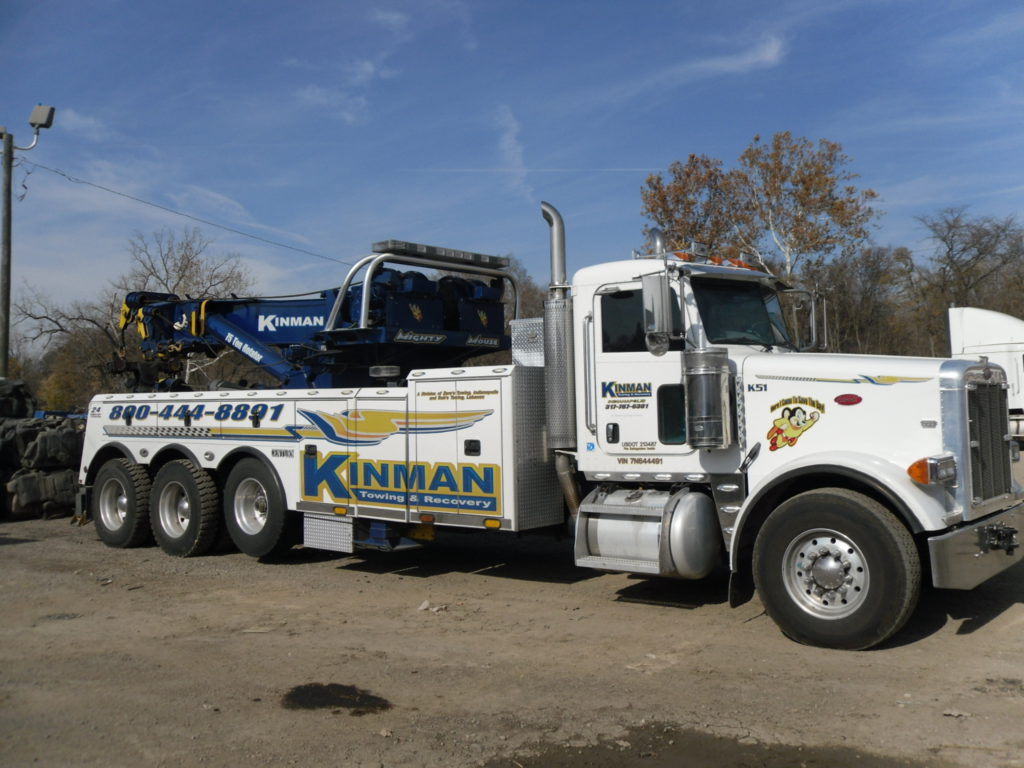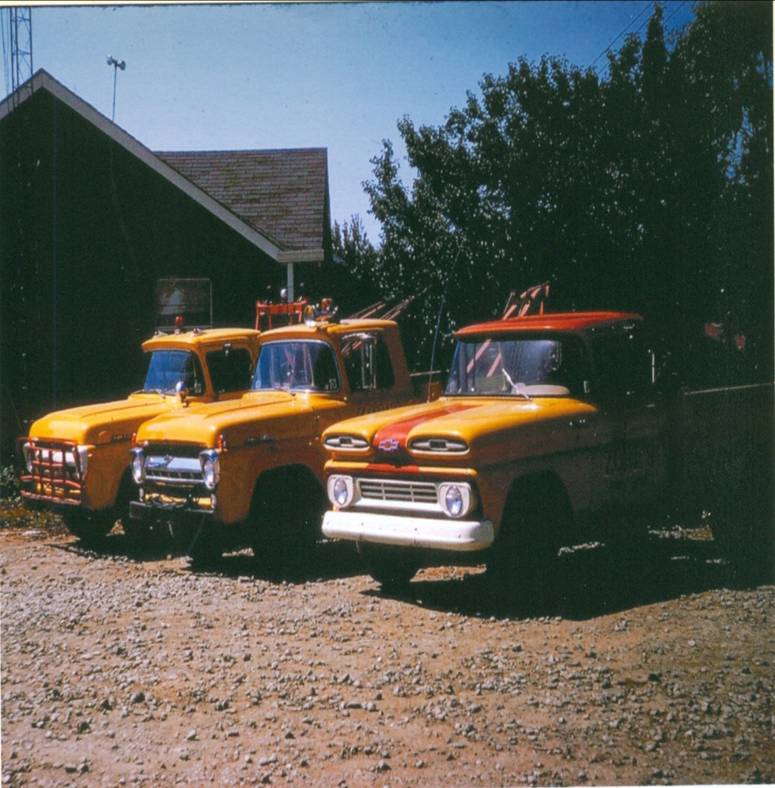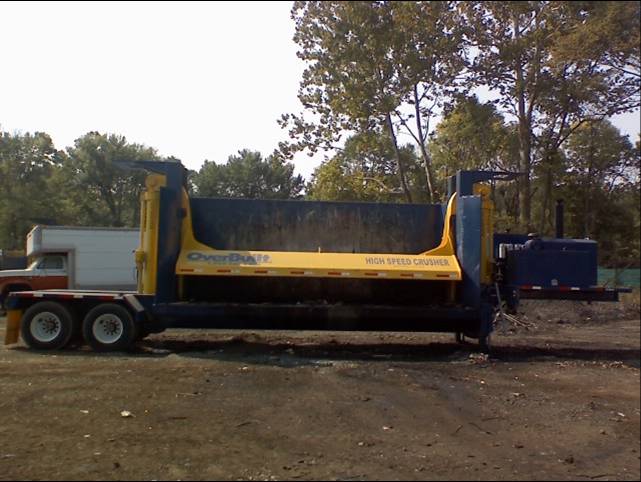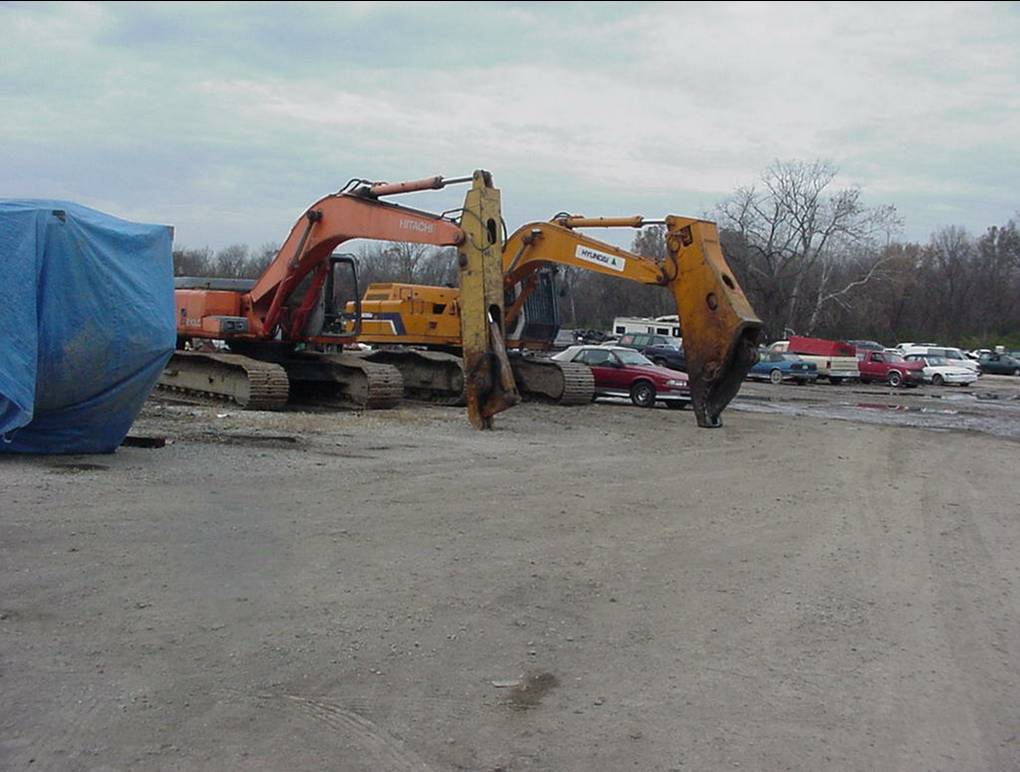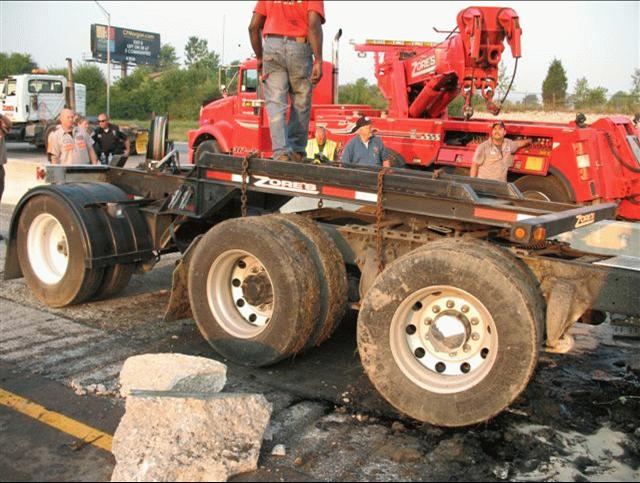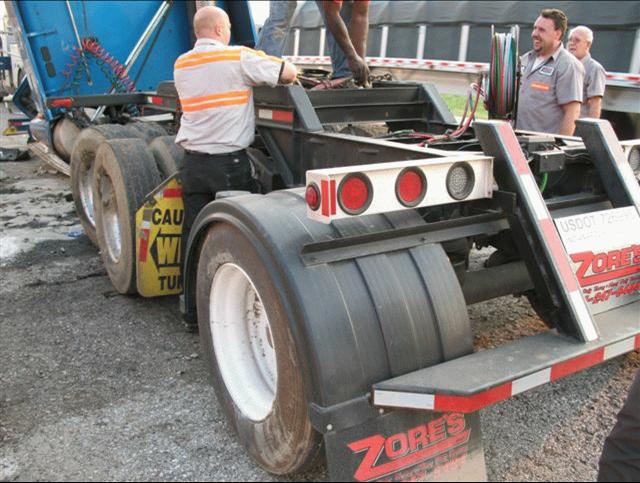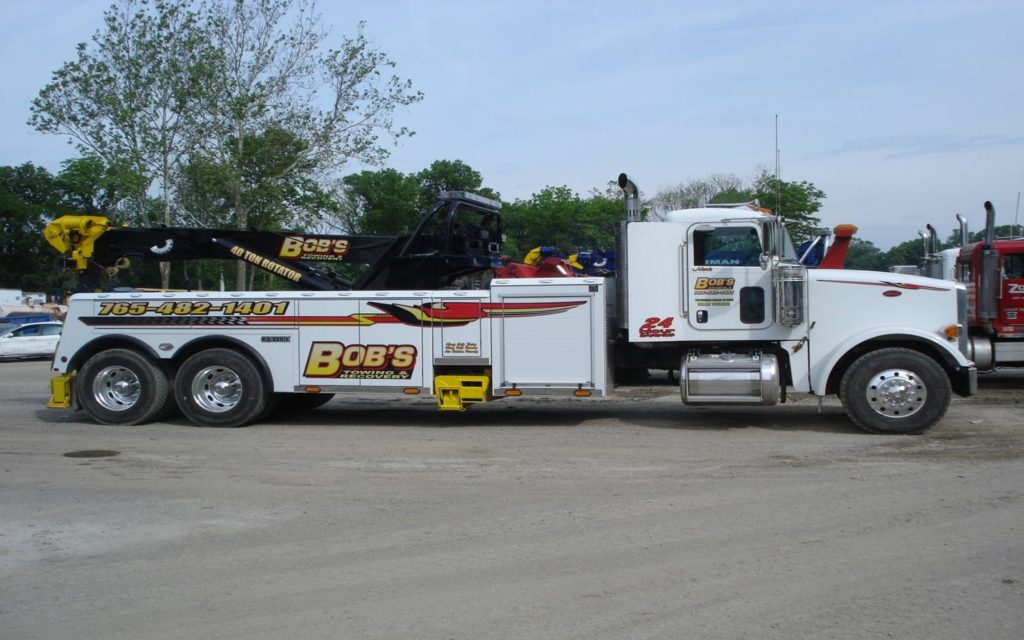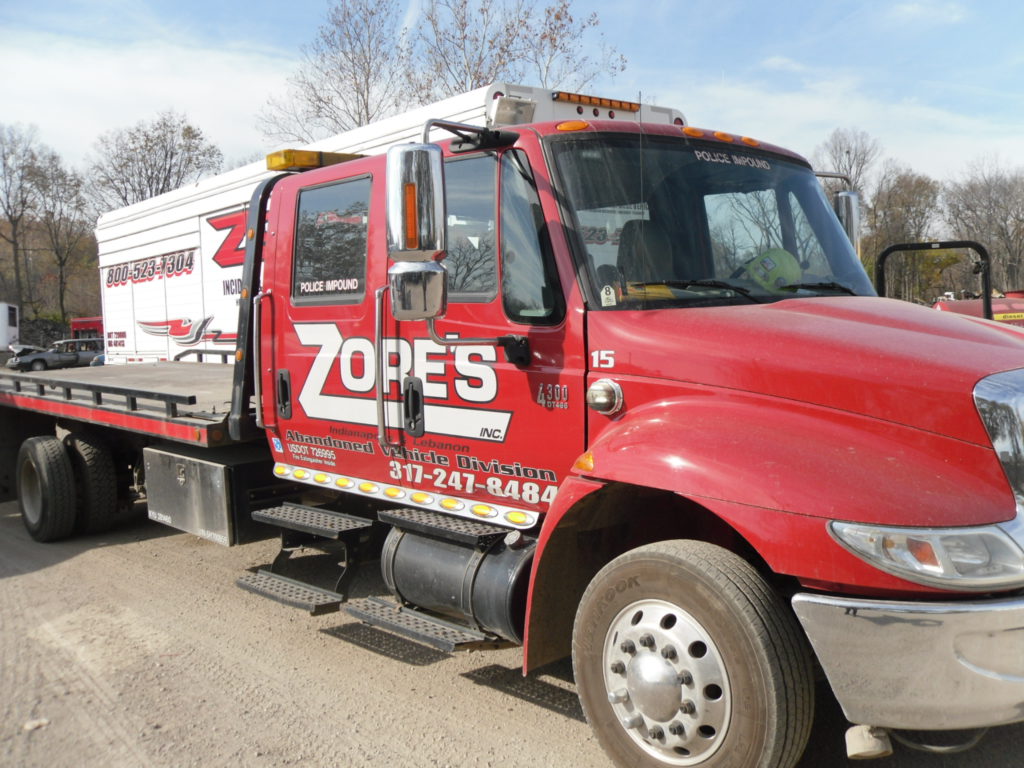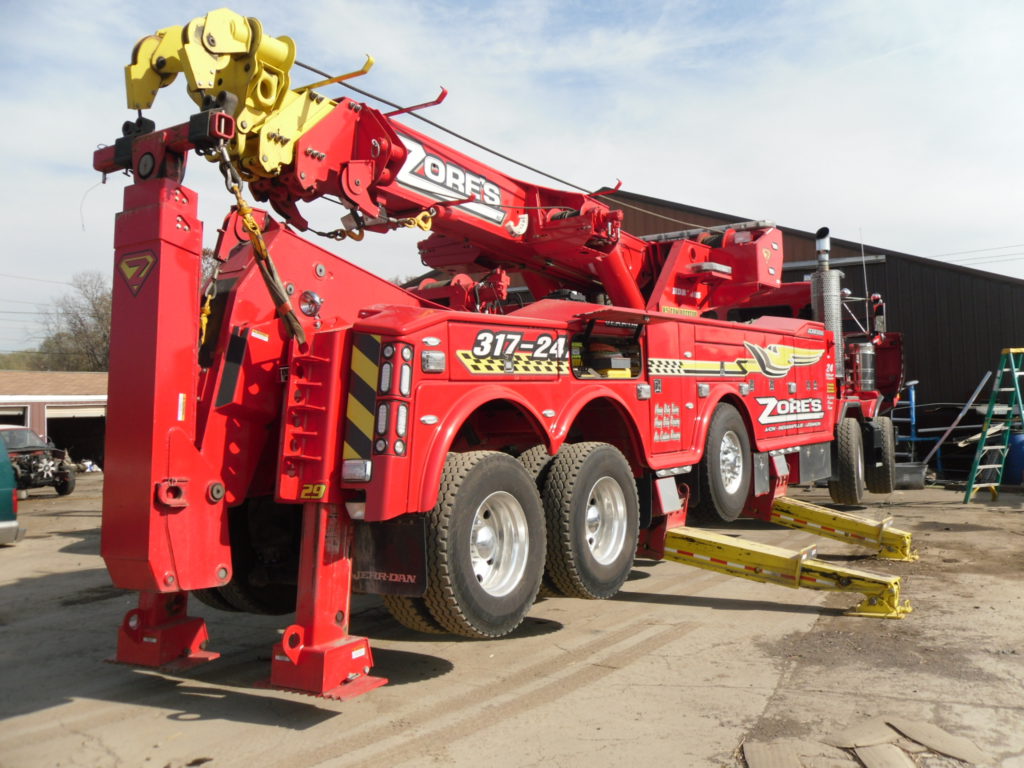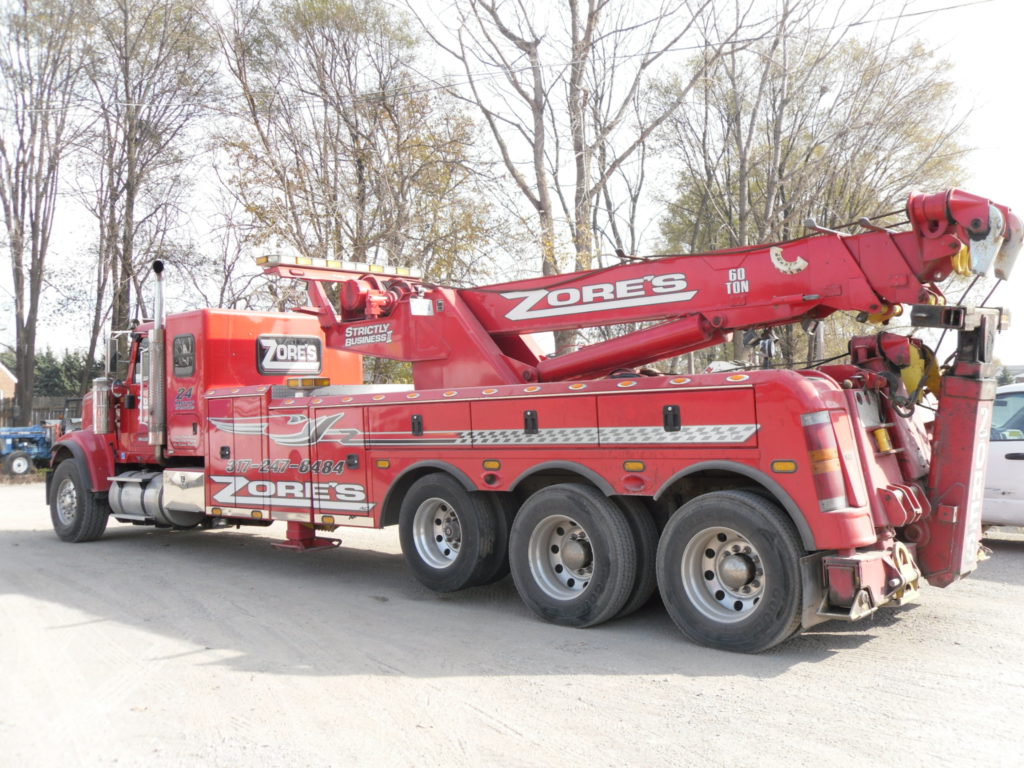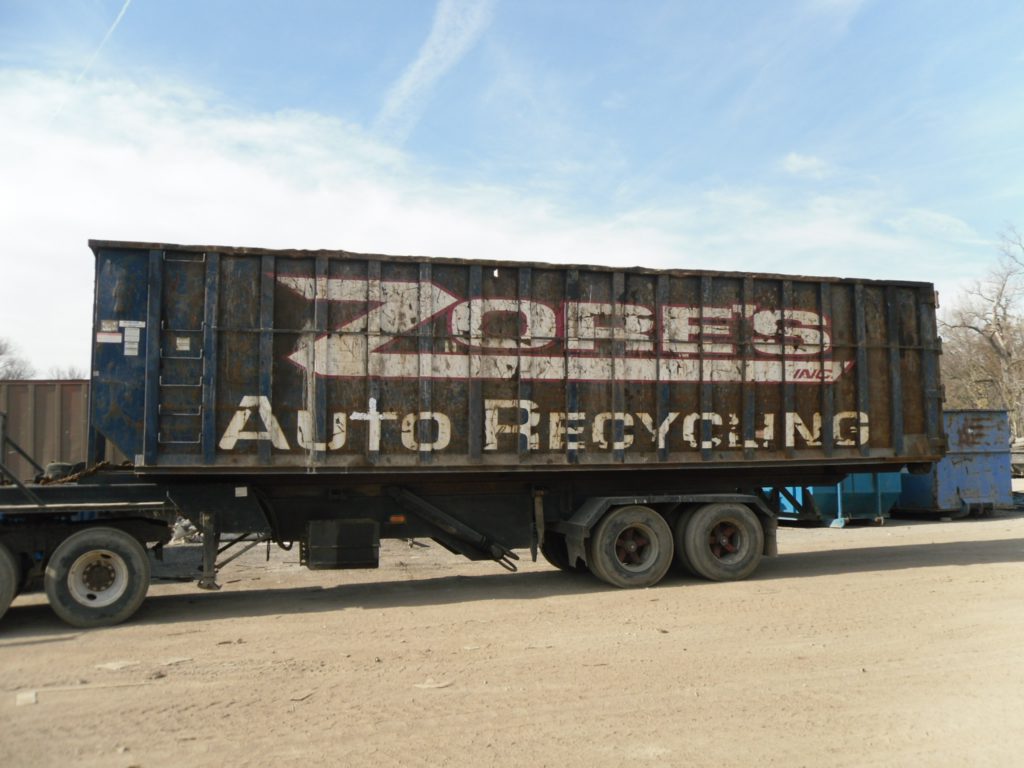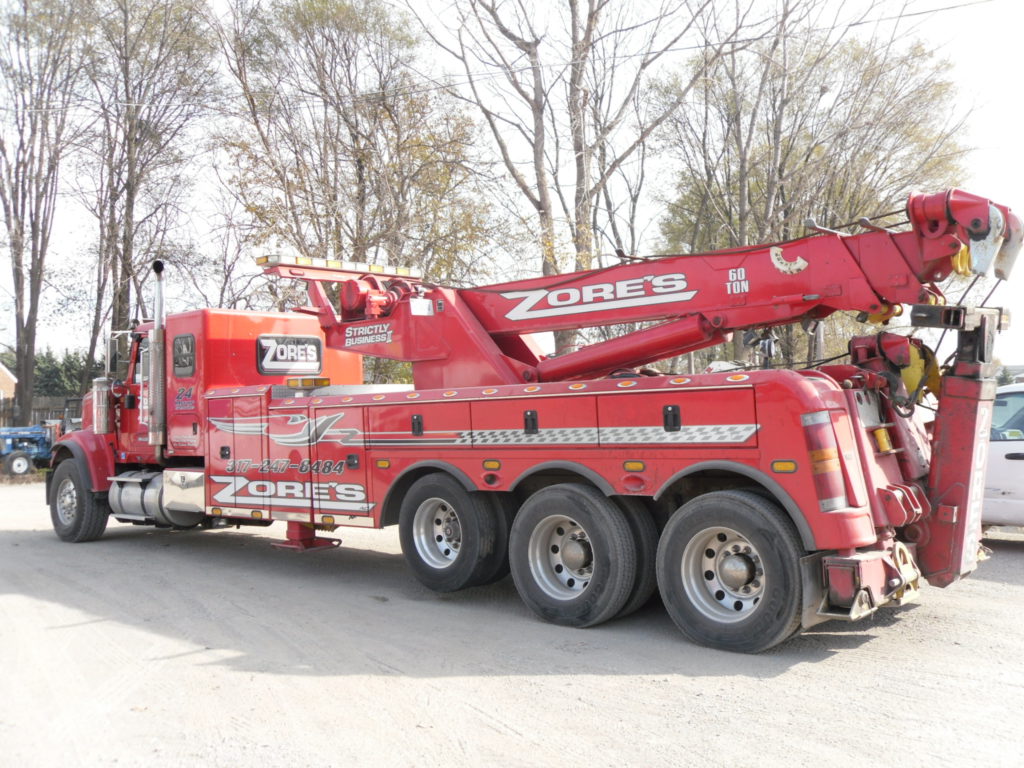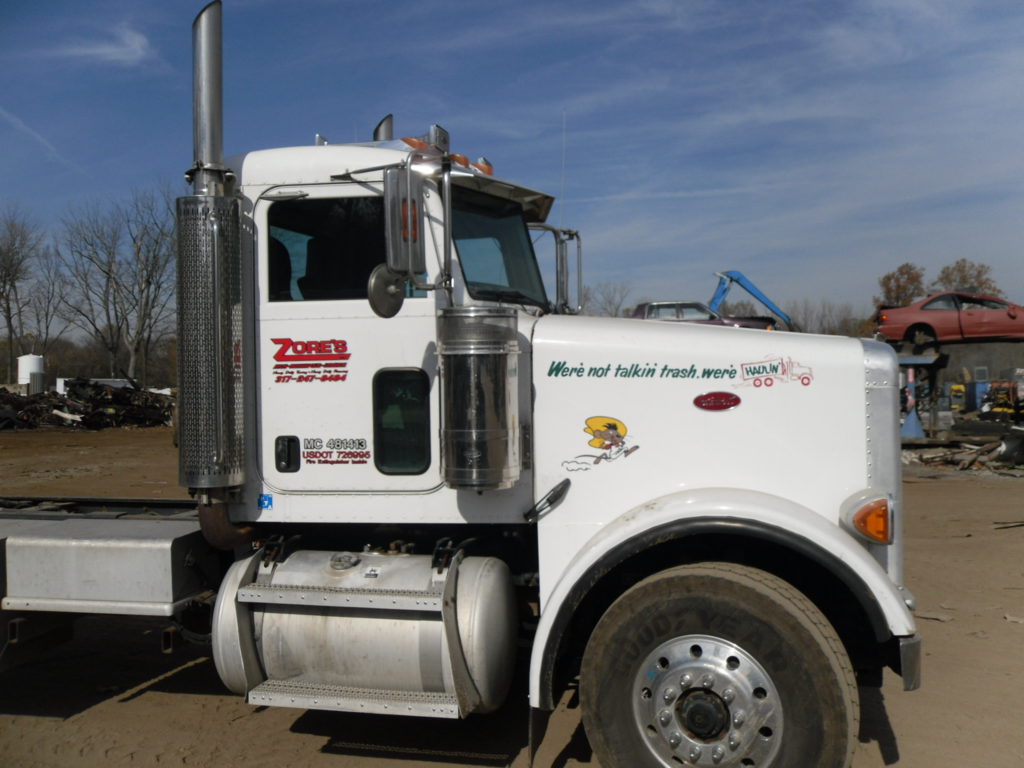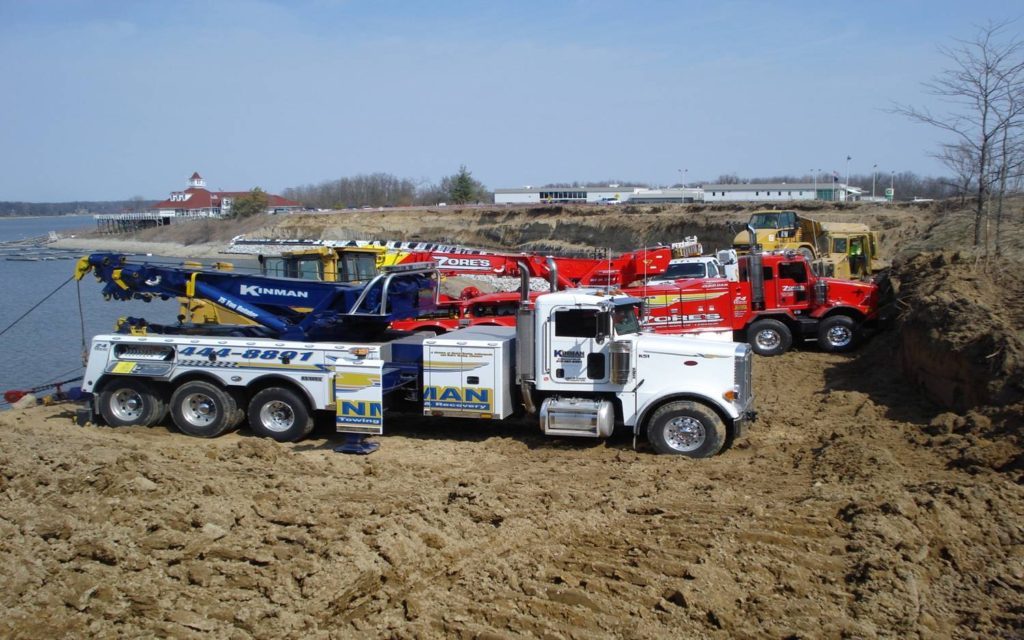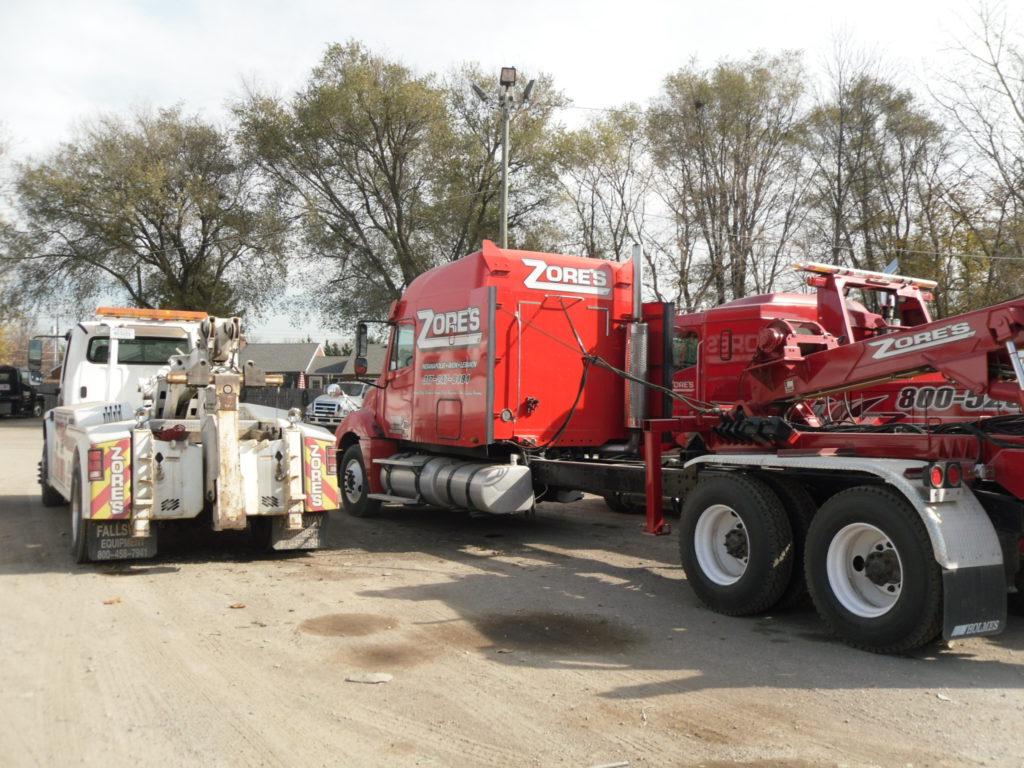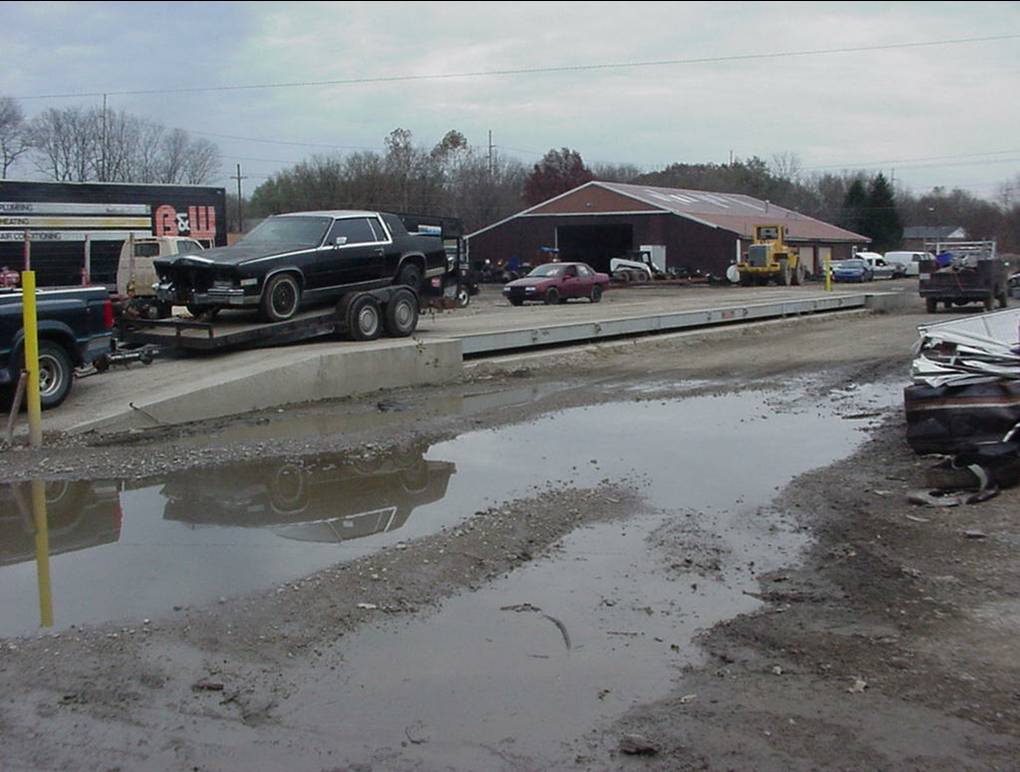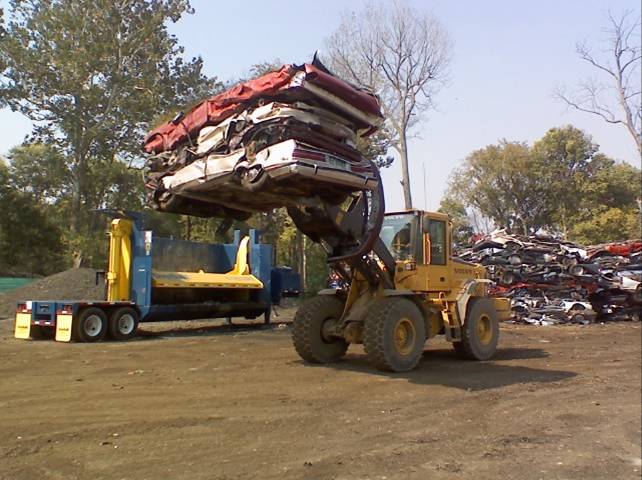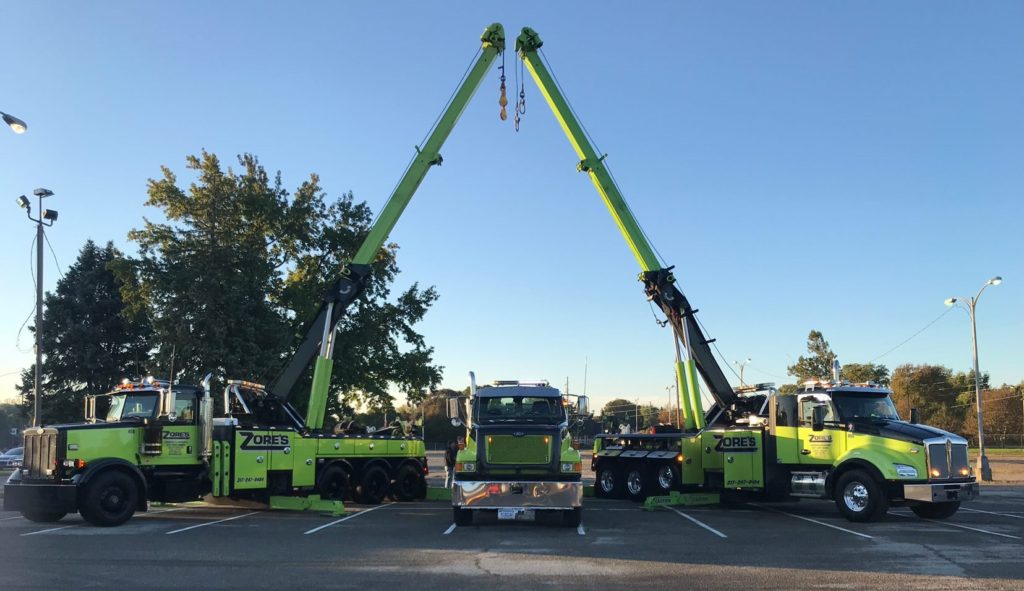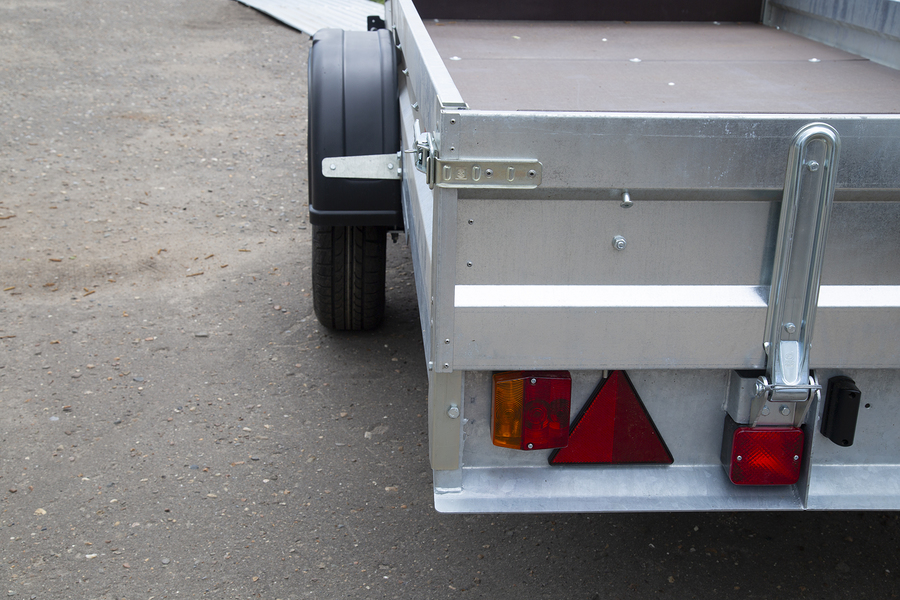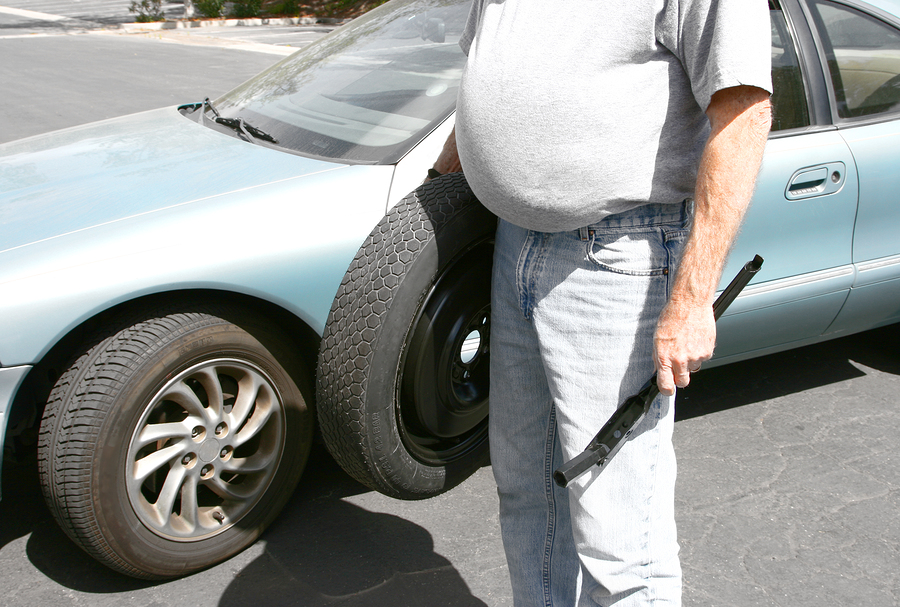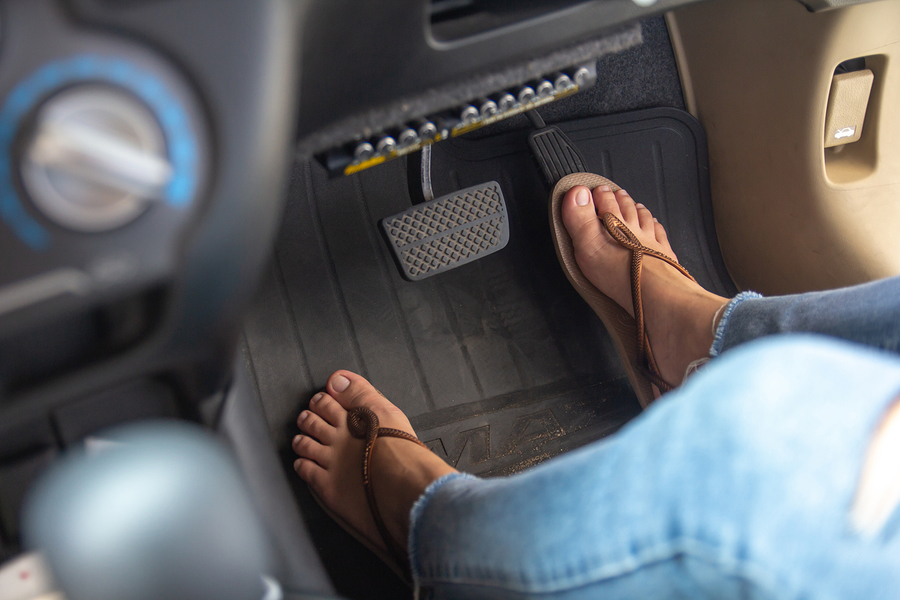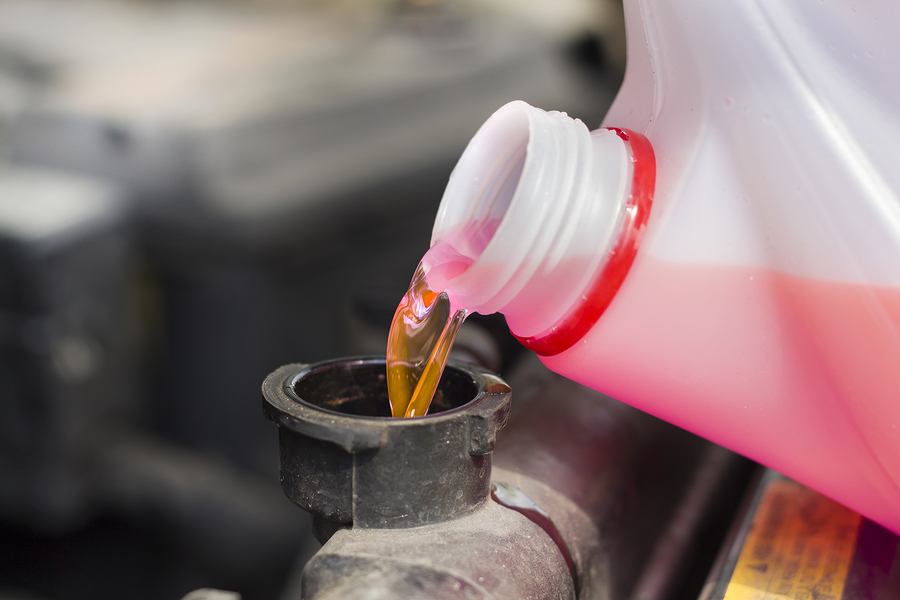If you are on the hunt for a new vehicle, and a spare tire is something important to you, be sure to pay attention to everything your potential new car comes with. That is because many car manufacturers are not putting spare tires in newer model vehicles anymore. If you find this interesting, wait until you learn why some producers have chosen this practice.
Continue reading to learn the top 4 reasons why some new cars do not come with a spare tire option.
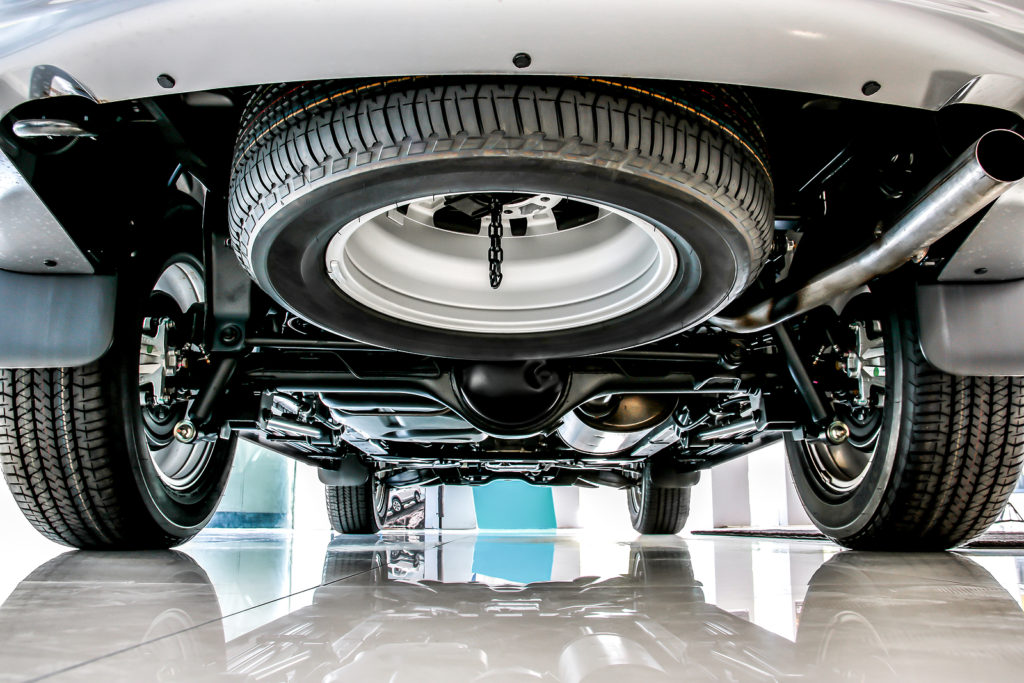
1. Improved Fuel Efficiency
With the trending green movement becoming so popular that it is almost ingrained in most consumers shopping tendencies, it is no surprise that many car manufacturers are attempting to improve their vehicles fuel efficiency. One effort to accomplish this has been to eliminate the extra weight of a spare tire. This may seem like a trivial amount, but the absence of a spare tire can reduce a vehicle’s overall weight by 30 to 50 pounds. That is because you must also consider the additional weight of the jack and wrench. The benefits from this type of elimination also helps car manufacturers meet the strict EPA guidelines.
2. Increased Storage Space
Although it may not seem like a simple donut or spare can take up a lot of room, in smaller vehicles, its absence can make a huge difference. Vehicles like sports cars, compact cars, eco-conscious cars, electric cars, and even smaller-sized sedans, can all benefit from the lack of a spare. The added space allows for a more comfortable ride.
3. Batteries and Emissions Equipment
In contrast to adding more storage, eliminating a spare tire is a must for many car manufacturers because there is too much space occupied by other equipment. This includes hybrids, electric cars, and diesels. The batteries and emissions equipment of these vehicles takes up the space that would typically house a spare.
4. Decreased Manufacturing Costs
The elimination of a spare tire naturally saves car manufacturers money, hundreds of thousands, in fact. However, many car manufacturers use that savings to improve other performance, aesthetic, and mechanical features. So sometimes, it is a “give and take” situation.
If Your Car Does Not Come With a Spare
If you are the driver of a vehicle that lacks a spare, whether because it was manufactured that way to you just don’t have one, there are still options for you on the road. You can always purchase a properly-sized spare or donut for your vehicle, along with the proper tools (i.e. jack, torque wrench, road triangles, etc.).
Helpful Flat Tire Advice
If you ever find yourself with a flat on the side of the road without one, you can contact a 24 hour emergency roadside assistance service. Some insurance policies actually cover roadside assistance needs, or have their own roadside assistance service. Simply dial the number and wait for help to arrive. Most emergency roadside assistance services operate on a 24 hour basis, 7 days a week and 365 days a year. That is why they are called “emergency” roadside assistance services.
Who to Trust for 24 Hour Towing and Roadside Assistance in Indiana
If your vehicle breaks down at any point during your trip, call Zore’s Towing at 317-247-8484 for Indianapolis roadside assistance and towing recovery services you can trust. Our friendly Indiana tow truck operators are certified roadside emergency assistants, and are always waiting by the phones, ready to help you get back on the road, safe and sound. We operate 24 hours a day, 7 days a week, and 365 days a year, so you can always count on us. Request a free estimate, today.


